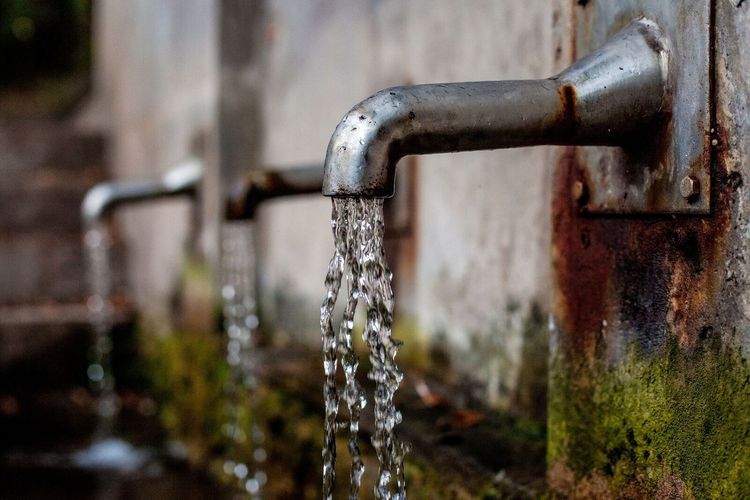Performance-Based Contracts for Non-Revenue Water Management
The financial viability and operational performance of water utilities is heavily affected by excessive levels of non-revenue water (NRW). NRW refers to the difference between the amount of water that enters the distribution system and the amount of water billed to consumers.
